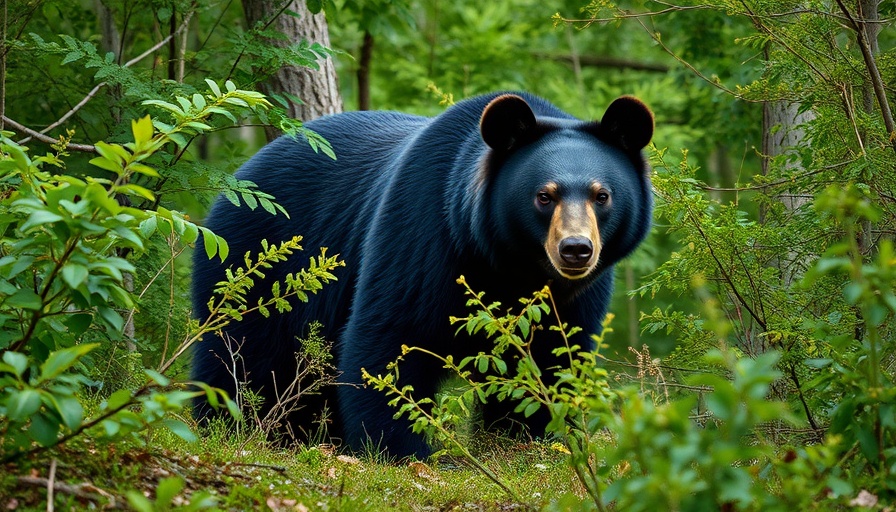
A Breakthrough in the Fight Against Wildlife Crime
In a significant win against wildlife trafficking, Tashi Sherpa, an infamous wildlife smuggler, has finally been sentenced to five years in prison after nearly a decade of evasion. His arrest marks a vital step in the ongoing battle to protect our planet’s endangered species, especially the iconic tiger, known for its beauty and ecological importance.
The Long Hunt for Justice
Sherpa's capture near the India-Nepal border was the culmination of a nine-year manhunt led by the Madhya Pradesh Forest Department’s State Tiger Force. The investigation was complex, relying on advanced cyber forensics to connect Sherpa to a manifold of poachers and traffickers involved in the illegal smuggling of tiger parts. This isn't just about one man; it represents a network of crime that spans continents, directly threatening both wildlife and global biodiversity.
The Impact of Wildlife Trafficking
Illegal wildlife trade doesn't only threaten animal populations—its ramifications extend far beyond. It fuels corruption, organized crime, and violence, destabilizing entire regions and severely undermining public health and safety. As communities are impacted by the decline of keystone species, like tigers, the natural balance within ecosystems is jeopardized, leading to biodiversity collapse. This emphasizes the urgent need for robust conservation efforts, as every species plays its role in maintaining ecological health.
Local and Global Efforts in Conservation
Both local and international conservation groups are amplifying efforts to combat wildlife trafficking. Governments are implementing harsher penalties for poachers to deter these crimes effectively. From stricter border controls to community outreach programs, initiatives aimed at protecting endangered species are taking center stage. The arrest of Sherpa serves as a reminder of the ongoing commitment needed to conserve wildlife, highlighting the importance of community involvement.
What We Can Do to Help
If you’re passionate about wildlife conservation, there are simple yet effective actions you can take: support organizations working to protect endangered animals and avoid purchasing products that may contribute to wildlife trafficking. Awareness and action from everyone can make a huge difference.
The Collective Power of Wildlife Protection
This case isn’t isolated; it is a product of collective action and determination from individuals and organizations worldwide to safeguard our planet’s precious wildlife. Sherpa’s conviction stands as a testament to the capabilities of various stakeholders, including local communities, governments, and international bodies, who have banded together to combat the devastating effects of wildlife poaching.
As we look ahead, let Sherpa’s fate inspire more vigilance in protecting our unique wildlife. Every effort counts in ensuring that future generations inherit a world where tigers and other majestic species roam freely and sustainably.
 Add Row
Add Row  Add
Add 




Write A Comment